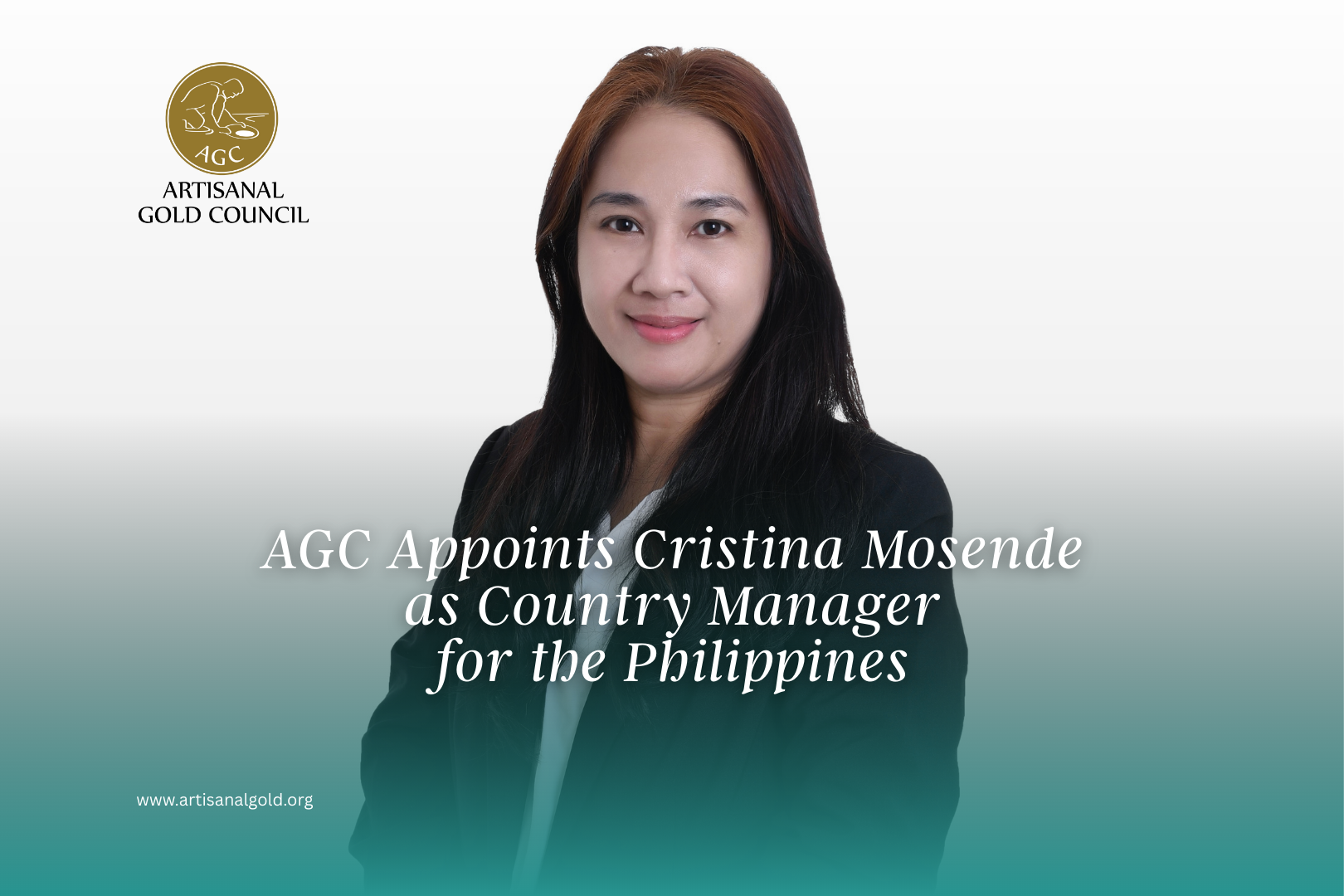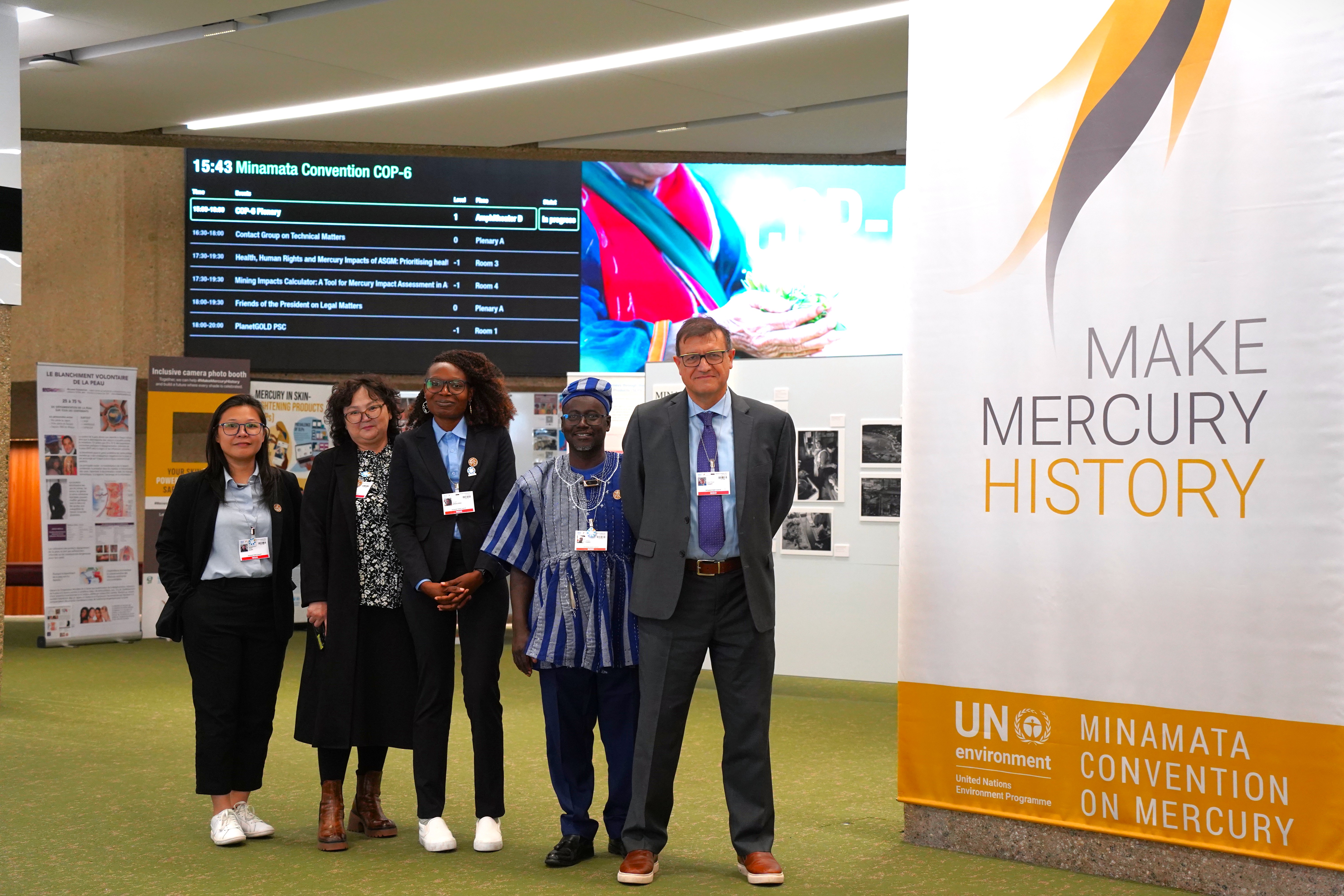AGC Releases Health Handbook for Professionals on Mercury Intoxication
Artisanal Gold Council releases its latest health handbook for professionals.

Artisanal Gold Council is excited to release its latest handbook entitled Addressing mercury and other hazards in the artisanal gold mining sector through public health interventions: A handbook for health professionals.
This handbook has been developed by Mareike Kroll, PhD, on behalf of the Artisanal Gold Council(AGC), based on a rapid review of scientific peer-reviewed papers and reports of relevant national and international organizations such as WHO, UNEP, and ATSDR. The literature body on mercury intoxication and exposure in ASGM is vast; this handbook is not intended to be a systematic or complete review of the literature. In addition, AGC’s experience gained from working with artisanal mining communities and providing capacity building for health professionals in various countries has been reflected in this handbook.
The overarching goal of this handbook is to establish a common knowledge base on the impacts of mercury use in the artisanal mining sector on human health and the environment among all the stakeholders involved in or connected with artisanal gold mining. These include health professionals (e.g., public health, occupational health and safety and environmental officers,community nurses and doctors), local and national government officials, mining associations,managers, miners, and their communities, and other stakeholders along the artisanal gold supply chain from traders to refiners and jewellers. Understanding the implications of mercury use,environmental contamination and human health effects among these stakeholders is essential in finding common ground and developing collaborative solutions that make the artisanal mining sector mercury-free, more sustainable, and benefit everyone involved.
While the handbook has been drafted with all these target groups in mind, it has primarily been written for health professionals involved in clinical preventive care, public health protection and health education in countries with an artisanal gold mining sector to act as multipliers of knowledge, awareness and better practices predominantly through three strategies:
- Public health protection: Enable public health professionals and political decision-makers to assess the environmental and human health risks caused by mercury use in the national and local ASGM sector and to develop and implement evidence-based policies and programs in public health and other sectors that promote mercury-free mining, better occupational health and safety practices, and exposure protection of vulnerable groups.
- Preventive healthcare: Enable healthcare workers to identify populations at risk of mercury exposure and to discuss exposure routes, health impacts, and the importance of exposure reduction with affected persons (primary prevention). This also includes early detection of chronic mercury intoxication in individuals to facilitate early intervention, for example, through occupational screening programs (secondary prevention).
- Health education: Enable health educators to develop adequate education and communication strategies to build knowledge and awareness in affected communities, e.g.,through workshops or campaigns.




.png)
